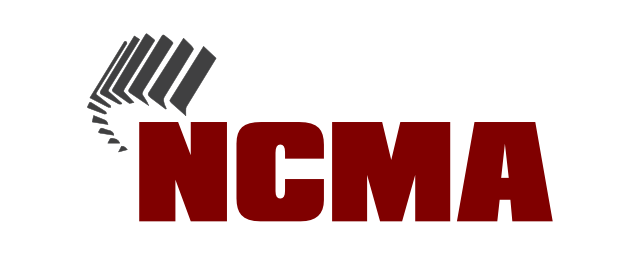Worker Advocates Petition NCDOL to Adopt Enforceable COVID-19 Protection Rules
October 22, 2020
On October 12, 2020, attorneys for six worker advocacy groups filed a petition with the North Carolina Department of Labor (NCDOL) calling on the agency to adopt enforceable COVID-19 workplace requirements. They charge that current voluntary guidelines at the state and federal level are insufficient.
The petition focuses on workers providing essential services in healthcare, agriculture, poultry and meat processing, but would include all workers in all areas of business and industry in North Carolina. Suggested new rules in the petition would create an emergency temporary standard requiring employers to assess risk, prepare for, control, prevent, and mitigate the spread of COVID-19. The rules suggested by petitioners would require employers to:
- Conduct and certify a workplace risk assessment
- Develop a COVID-19 preparedness and response plan that is compliant with mandatory requirements of any NC executive orders related to COVID-19
- Designate one or more key managers or executives to implement, monitor, and report on the employer's COVID-19 control strategies with at least one designee remaining on-site at all times when workers are present.
- Ensure workers wear appropriate Personal Protective Equipment (PPE)
- Provide face masks and require employees to wear them unless it would jeopardize health and safety
- Require customers, visitors, clients, and vendors to wear face masks
- Implement telework and other flexible work arrangements where feasible or ensure six-foot distancing in the workplace
- Allow workers easy access to hand sanitizer, hand washing stations, gloves, tissues, and towels and keep supplies continually stocked
- Ensure workers wash/sanitize their hands when entering/exiting the business, before/after eating/drinking, using tobacco, using restrooms, using devices, tools, and equipment used by other workers
- Clean and disinfect workplace areas regularly
- Ensure ventilation appropriate to address COVID-19 hazards where air-handling systems are installed
- Set up self-reporting policies for workers experiencing COVID-19 symptoms
- Screen employees at the beginning of shifts
- Enforce employee isolation for confirmed or suspected COVID-19 cases
- Encourage employee isolation for workers who are asymptomatic but COVID-exposed
- Coordinate on-site COVID-19 testing with NCDHHS in the event of a workplace outbreak
- Implement system to receive reports and notify of workplace COVID-19 cases to the extent permitted by law
- Reassign duties for employees when a medical provider or public health official recommends isolation
- Provide up to two weeks paid reassignment leave if reassignment is not possible and the worker has no other leave options
- Modify any incentive programs that penalize employees for missing work because of sickness
- Provide ongoing job-specific COVID-19 training aligned with CDC guidance in the primary languages common to the worker population
- Place posters in the workplace that encourage social distancing, proper use of PPE, and hygiene practices
The rule proposed by petitioners would also include additional requirements for employers specific to certain workplaces such as health care, emergency response, and agriculture.
Under the petitioner suggested rule language, workers could refuse to work under conditions they reasonably believe would expose them to risk without employer retaliation or adverse action if they provide reasonable notice and the employer refuses to correct conditions. This section of the Petitioner rule language would allow workers to retain a right to continued employment and continued pay until COVID-19 risk conditions identified by the worker have been remedied unless the employer has reassigned the worker.
The petitioner rule language would authorize workplace inspections, subpoenas and enforcement by the NCDOL, the State attorney general, a district attorney, or a city or county attorney acting in the public interest. Government enforcers could impose stop-work orders or business closure and seek civil penalties of not less than $100 per day per worker affected by noncompliance. Whistleblowers or representative nonprofit or labor organizations designated by the whistleblower could also commence civil action.
Petitioners include:
- Episcopal Farmworker Ministry
- NC FL-CIO
- NC Raise Up/Fight for $15 and a Union
- The Hispanic Liaison of Chatham County/El Vinculo Hispano
- NC Conference of the NAACP
- Western North Carolina Workers' Center



